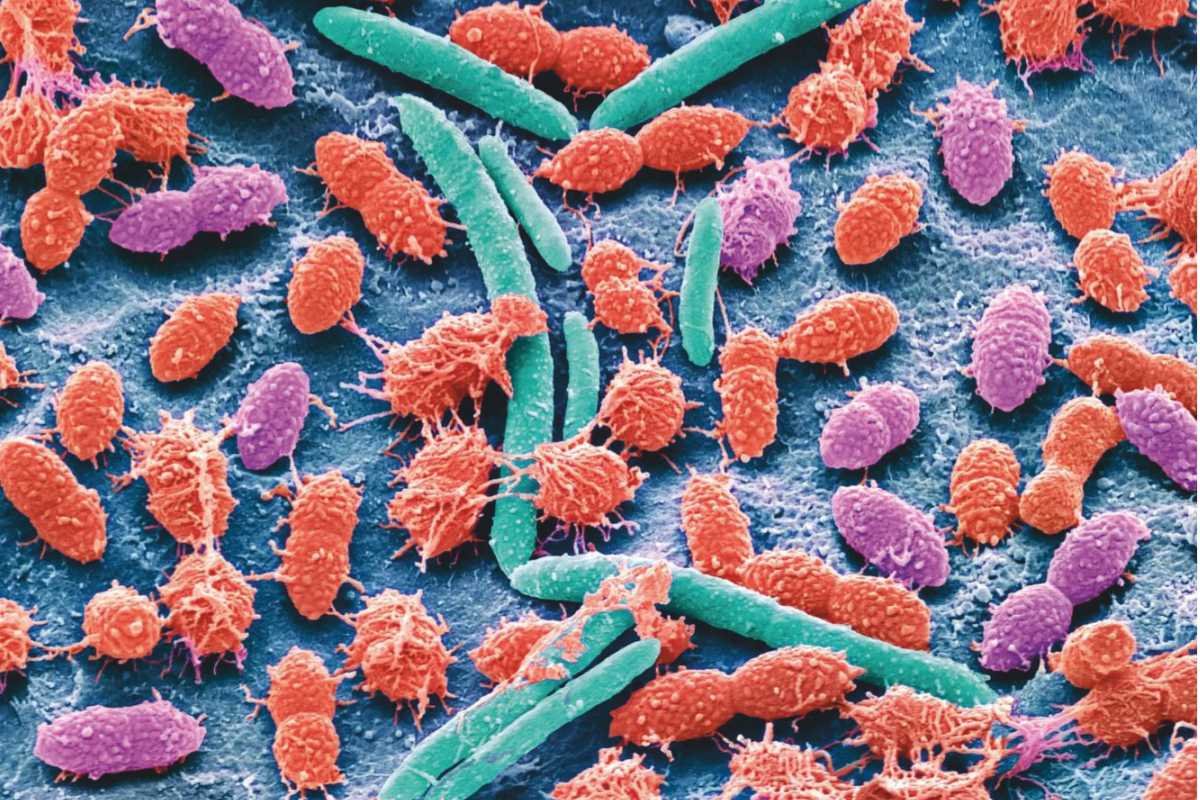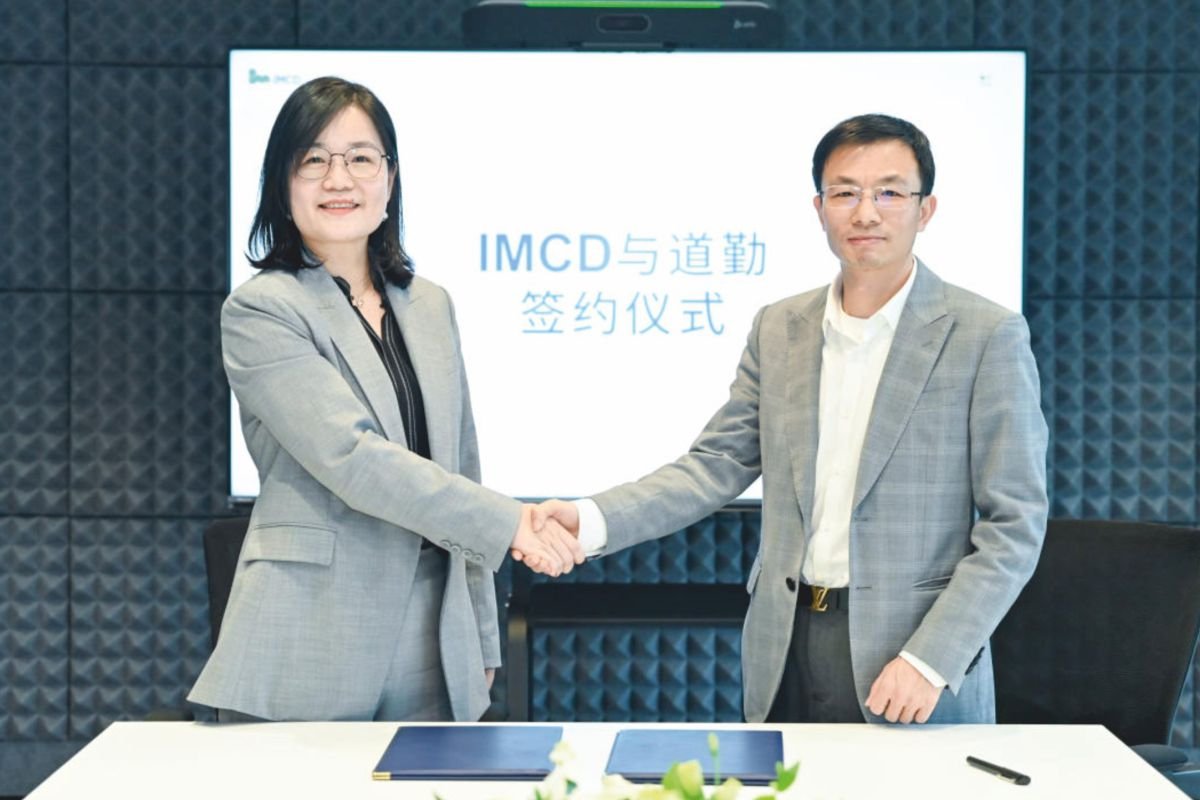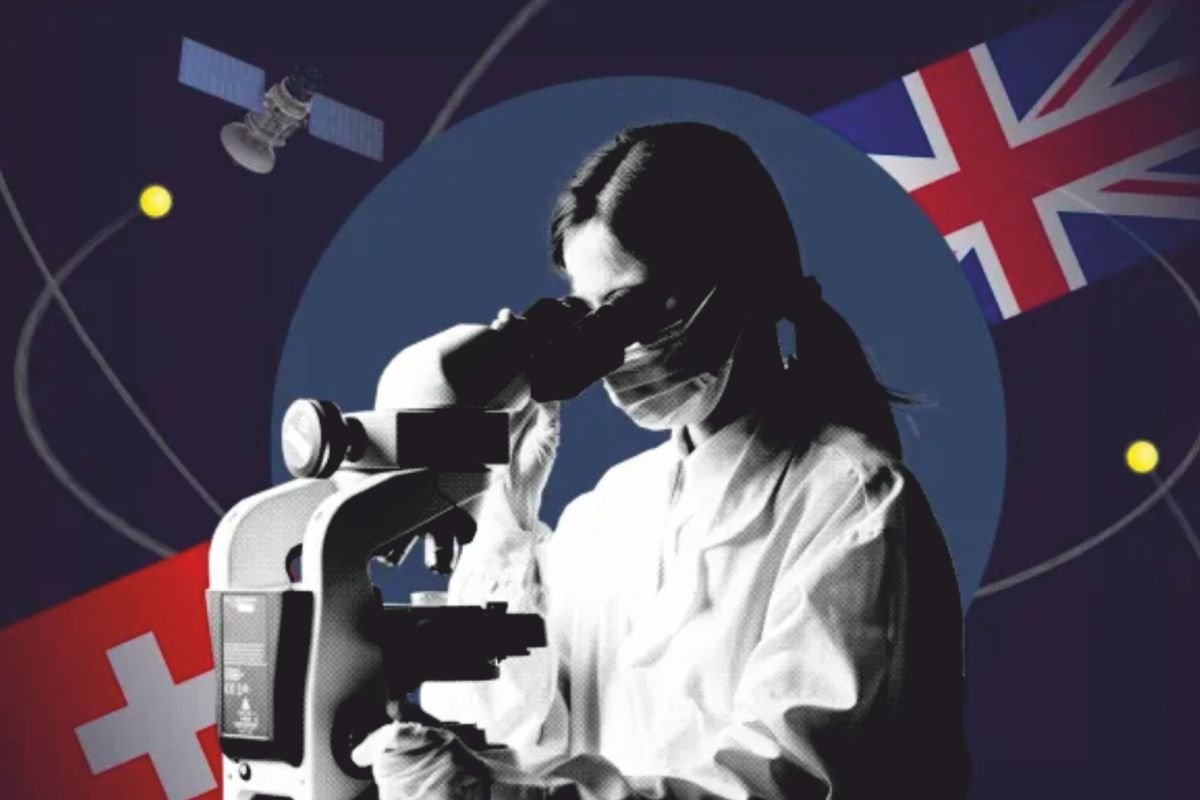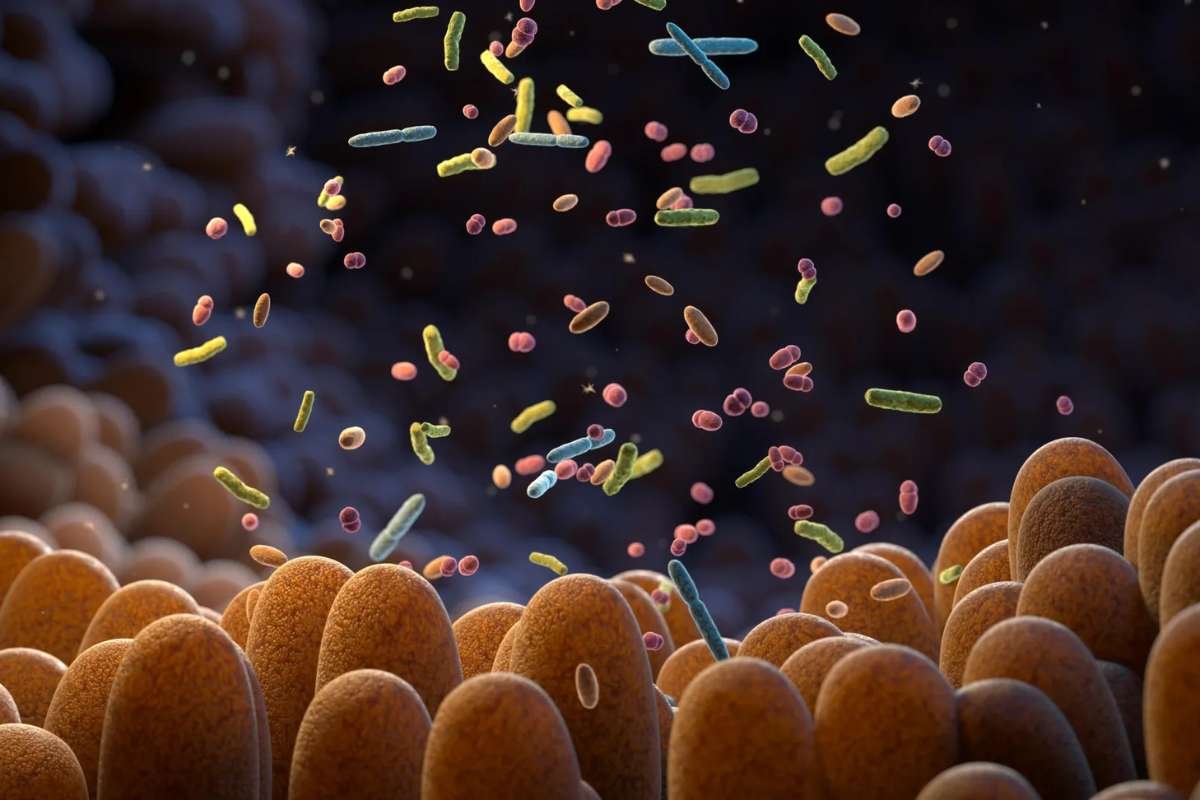News 1: Unveiling Ancient Human-Neanderthal Interactions: A 7,000-Year Genetic Legacy
Recent breakthroughs in DNA research have pinpointed a 7,000-year period during which Neanderthals and modern humans (Homo sapiens) interbred, beginning roughly 50,500 years ago. This extensive genetic exchange left Eurasians with 1-2% of their DNA inherited from Neanderthals, providing crucial insights into ancient migrations and adaptations.
By analyzing 58 ancient human genomes and 275 contemporary ones, scientists determined the interbreeding likely peaked around 47,000 years ago. This revised timeline aligns with archaeological evidence of Neanderthals and modern humans coexisting in Eurasia. Researchers suggest that this prolonged interaction contributed to variations in Neanderthal DNA across populations, with East Asians carrying up to 20% more Neanderthal genes than Europeans.
The study highlights the adaptive benefits of Neanderthal genes, including traits linked to immune function, skin pigmentation, and metabolism. For instance, one gene inherited from Neanderthals boosts resistance to certain coronaviruses. Conversely, regions in the modern human genome devoid of Neanderthal genes, known as “Neanderthal deserts,” likely formed quickly after interbreeding, suggesting lethal incompatibilities.

Notably, these findings also shed light on Denisovans, another ancient hominin group, whose genes persist in some East Asian populations. This research, published in Science and corroborated by an independent Nature study, emphasizes the complexity of human evolutionary history.
“These discoveries reveal how our evolutionary cousins influenced human survival and adaptation,” said Priya Moorjani of UC Berkeley. “It’s fascinating to see how inherited traits shaped our past and continue to impact us today.”
News 2: Scientists Warn of ‘Unprecedented Risk’ From Mirror Life Microbes

Leading scientists, including Nobel laureates, have called for a halt to research on “mirror life” microbes, warning of potential catastrophic risks to life on Earth. These synthetic organisms, constructed from reversed molecular structures, could bypass natural immune defenses, posing lethal threats to humans, animals, and plants.
A group of 38 experts, including Dr. Craig Venter and Professors Greg Winter and Jack Szostak, urged a moratorium on such research. They emphasized that mirror bacteria, immune to natural predators and existing antibiotics, could spread uncontrollably in the environment.
While natural DNA and proteins use specific molecular orientations, mirror life flips this arrangement. Though still a decade away from feasibility, scientists have made progress by manufacturing functional mirror molecules and taking early steps toward creating mirror organisms. Potential applications include novel disease therapies and contamination-resistant bioproduction systems.
Despite these possibilities, the risks outweigh the benefits. The findings, detailed in a 299-page report and a Science commentary, call for a global debate and the cessation of funding for this line of research.
Dr. Kate Adamala, a co-author of the report, abandoned her own mirror cell project after assessing the risks. “We should not be making mirror life,” she stated, urging for a global conversation on the ethics and safety of such advancements.
Experts like Prof. Paul Freemont praised the report, highlighting the need for responsible innovation and stringent regulation to explore the positive uses of mirror chemistry safely.
News 3: IMCD Expands Life Science Portfolio with Acquisition of Daoqin in China

IMCD N.V., a global leader in the distribution and formulation of specialty chemicals and ingredients, has announced its agreement to acquire Daoqin Biological Technology (Shanghai) Co., Ltd., along with its affiliated companies Longyu International Trade (Shanghai) Co., Ltd. and Long’en Biotechnology (Guangzhou) Co., Ltd.
Established in 2011, Daoqin specializes in distributing functional nutrition, nutraceutical, and food ingredients, serving customers in the food, personal care, and pharmaceutical industries. Headquartered in Shanghai, Daoqin generated a revenue of approximately CNY 122 million (EUR 16 million) in 2023 with a team of 21 employees.
Nicky Huang, Managing Director of IMCD China, emphasized the strategic significance of the acquisition:
“The addition of Daoqin deepens our presence in the food and nutrition markets and broadens our life science business portfolio. We are thrilled to welcome a talented team and leverage our complementary strengths to enhance our offerings in the local market.”
Echoing this sentiment, Jack Ning, General Manager of Daoqin, shared:
“Joining IMCD allows us to capitalize on their global network and resources, delivering greater innovation and value to life sciences customers in China.”
The acquisition aligns with IMCD’s strategy to expand its footprint in high-growth markets, particularly in the food and nutrition sectors.
The transaction, subject to customary closing conditions, is expected to finalize in the second quarter of 2025. This acquisition reinforces IMCD’s commitment to delivering innovative solutions and exceptional value to its customers worldwide.
News 4: UK and Switzerland Deepen Life Science Collaboration with Updated Agreement

The UK and Switzerland have signed an updated Memorandum of Understanding (MoU), strengthening their partnership in life sciences across areas such as research, clinical trials, advanced technologies, and long-term growth.
As part of this collaboration, Innovate UK and Swiss innovation authority Innosuisse announced £8 million in joint funding for 11 UK-Swiss research projects. These include initiatives like the use of quantum technology to create affordable, specialized sensors for anti-counterfeiting and manufacturing quality control.
Looking ahead, the two nations are launching a £16 million funding call to support joint clinical trials aimed at advancing treatments for various diseases. UK Health Minister Baroness Gillian Merron emphasized the collaboration’s potential, stating:
“By combining expertise in clinical trials and life sciences, we can accelerate the development of groundbreaking treatments to benefit patients in both countries.”
Professor Lucy Chappell, Chief Scientific Adviser at the UK Department of Health and Social Care, highlighted the global significance of such partnerships:
“Bilateral collaborations like this foster innovative thinking and novel approaches, accelerating research progress and delivering effective treatments to patients faster.”
This agreement aligns with the UK government’s broader goal of enhancing international partnerships in life sciences, a move described by the UK Health Minister as a “significant milestone” in transforming the UK into a life sciences superpower.
The strengthened UK-Swiss partnership underscores the importance of international collaboration in addressing complex healthcare challenges and driving advancements in the sector.







